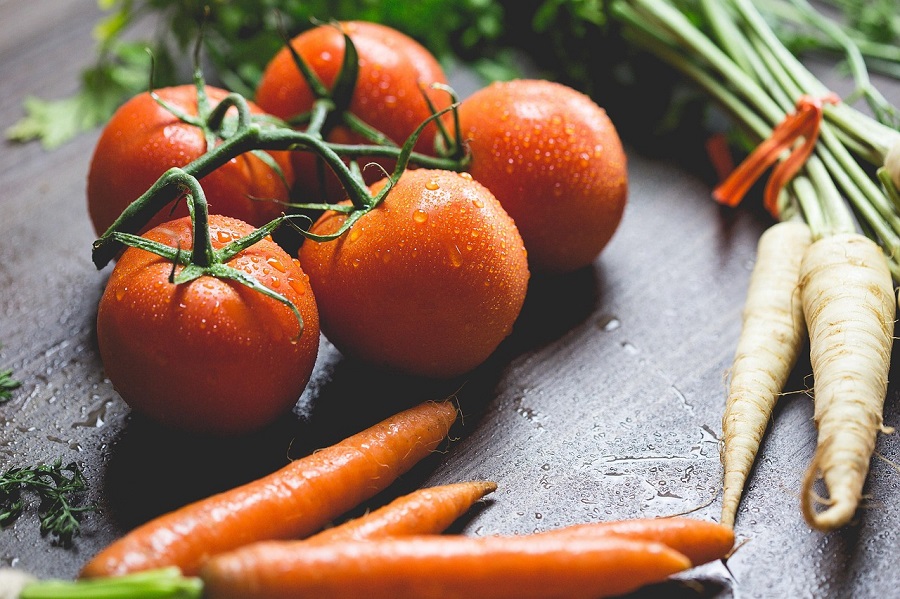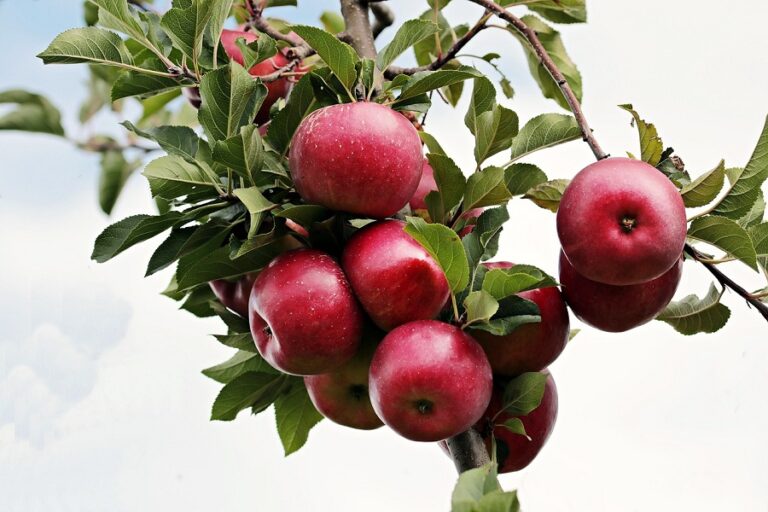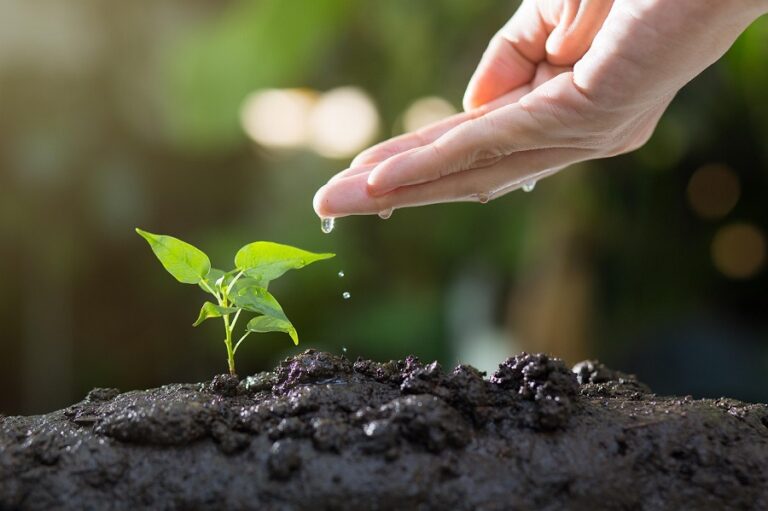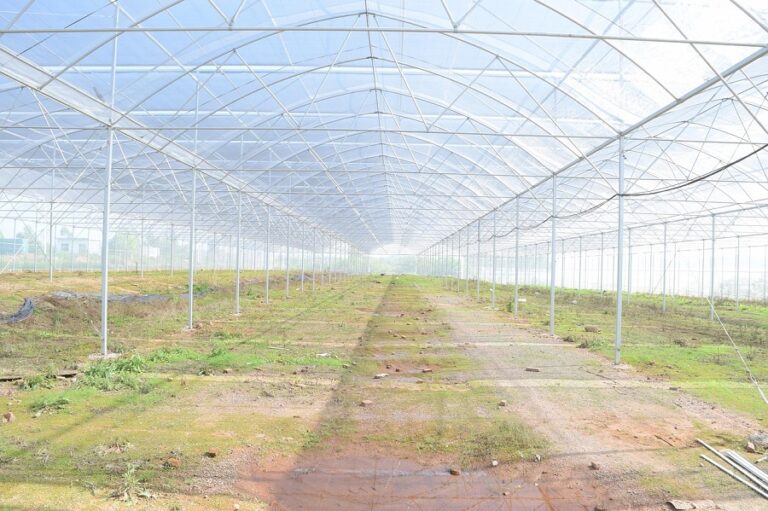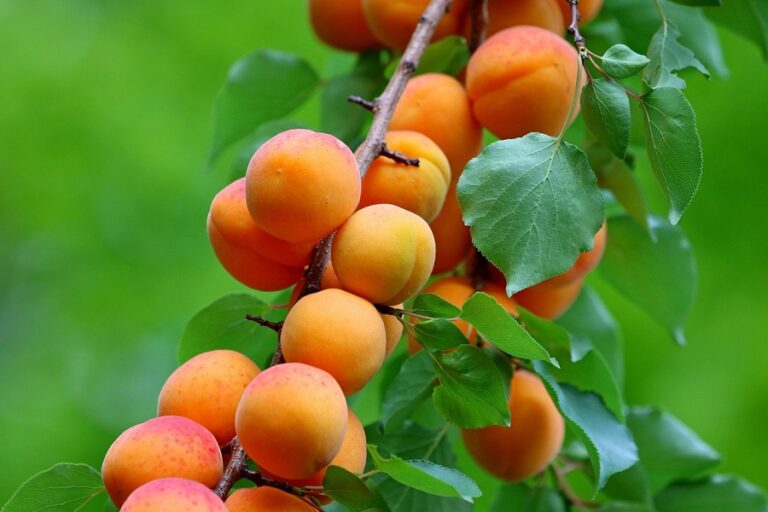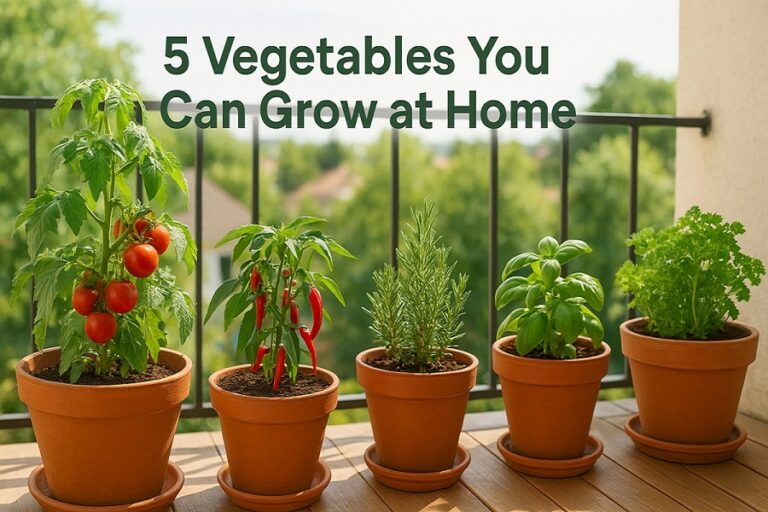The Farmer Who Turned a Small Plot into a Thriving Organic Farm
When people think of farming success, they often imagine vast fields stretching across acres of land. But sometimes, big change starts with a small piece of soil. This is the story of Ramesh, a farmer from Madhya Pradesh, who turned a modest one-acre plot into a thriving organic farm that now feeds his family, supports his community, and inspires countless others.
A Humble Beginning
Ramesh inherited just one acre of land from his father. Like many farmers in his village, he initially followed conventional practices—using chemical fertilizers and pesticides to grow wheat and soybeans. At first, the yields were decent, but year after year, he noticed his soil was becoming hard, water wasn’t absorbing well, and pests seemed to be increasing. The cost of chemicals kept rising while his profits kept shrinking.
“I felt trapped,” Ramesh often says. “I had land, but it wasn’t giving me hope anymore.”
The Turning Point
One day, Ramesh attended a training program at the local Krishi Vigyan Kendra (KVK). There, he learned about organic farming practices-how compost, cow dung, crop rotation, and natural pest repellents could revive his soil. Skeptical at first, he decided to test it on a small part of his farm. Instead of chemical urea, he used vermicompost. Instead of pesticides, he sprayed a simple mixture of neem oil and garlic.
To his surprise, the crops on that patch grew healthier and stronger than the rest. That was the moment Ramesh realized he needed to change his approach completely.
Starting the Organic Journey
Ramesh began by dividing his one-acre farm into smaller sections. On one patch, he grew seasonal vegetables like tomatoes, spinach, and okra. Another patch was used for pulses and grains. He planted fruit trees along the boundaries for long-term income. To maintain soil fertility, he added compost made from kitchen waste, farmyard manure, and dried leaves. He even started making his own vermicompost using earthworms.
Instead of relying on the market for fertilizers and sprays, he produced almost everything on his farm itself. This not only cut down his costs but also gave him confidence that his produce was truly chemical-free.
Challenges Along the Way
The transition wasn’t smooth. During the first year, his yields dropped, and neighbors mocked him for abandoning “modern” methods. At times, pests damaged his crops, and he worried about how to feed his family. But Ramesh persisted, learning from each failure. He joined a local farmer group where others practicing organic farming shared tips and encouraged one another.
“There were days I felt like giving up,” Ramesh recalls, “but then I looked at my soil-it was becoming softer, full of earthworms again. That gave me strength.”
The Breakthrough
By the third year, Ramesh’s organic methods started paying off. His vegetables looked fresher, had better taste, and lasted longer after harvest. Slowly, word spread in nearby towns that Ramesh was selling chemical-free vegetables. Local families, health-conscious consumers, and even a small organic food store started buying directly from him.
He began earning more from his one-acre organic farm than many farmers in the area with three or four acres under chemical farming. His reduced input costs, combined with premium prices for organic produce, created a stable income.
Impact on the Community
Ramesh’s success didn’t stop at his farm. Curious neighbors who once doubted him began asking for advice. He started small workshops in his village, teaching others how to make compost, prepare natural pest sprays, and rotate crops. Today, nearly 20 farmers in his area have adopted organic practices inspired by Ramesh’s journey.
“When people come to me for guidance, I feel proud. It’s not just about my farm anymore; it’s about showing others that organic farming is possible, even on small land,” he says with a smile.
Lessons from Ramesh’s Journey
As someone who has worked in farming for over a decade, I see Ramesh’s story as proof that determination and smart choices can turn challenges into opportunities. Here are the key lessons his journey teaches us:
- Start small: You don’t need large landholdings to begin organic farming. Even one acre, or less, can be enough.
- Soil is the foundation: Investing in soil health pays off in the long run. Compost, manure, and natural methods bring life back to the soil.
- Be patient: The shift from chemical to organic takes time. Yields may dip initially, but persistence brings rewards.
- Market directly: Selling produce directly to consumers ensures better prices and stronger trust.
- Share knowledge: Helping other farmers creates a stronger community and multiplies success.
The Future Ahead
Ramesh now dreams of expanding his farm, introducing more fruits, and building a small cold storage facility so he can reduce losses. His children, once uninterested in farming, now proudly help him manage the farm. For them, farming is no longer a burden; it’s a source of pride and opportunity.
Stories like Ramesh’s remind us that the future of farming in India doesn’t lie in chemicals or large-scale monocultures but in small, sustainable, and community-driven practices.
Conclusion: Inspiration for Every Beginner
Ramesh’s story proves that farming success is not measured by land size but by passion, patience, and purpose. If a farmer with just one acre can create a thriving organic farm, anyone with the right mindset can start the journey. Whether you’re a small farmer, an urban gardener, or someone dreaming of returning to your roots, remember, healthy soil, healthy food, and healthy communities all begin with simple, natural practices.
Your turn: If you’ve ever thought about trying organic farming, start with a small patch or even a few pots at home. Like Ramesh, you might discover that real growth often begins small.
FAQs on Small-Scale Organic Farming
Q1. Can organic farming be done on less than one acre?
Yes, many farmers successfully grow vegetables, pulses, and fruits on even smaller plots when using organic methods.
Q2. Does organic farming cost more?
Initial efforts like making compost may take time, but input costs are much lower compared to chemical farming.
Q3. How do farmers sell their organic produce?
Most small farmers sell directly to local markets, urban buyers, or through organic cooperatives for better prices.
Q4. How long does it take to see results in organic farming?
Soil improvement begins within months, but full benefits usually appear after 2–3 years of consistent practice.
Q5. What crops are best for small organic farms?
Vegetables like tomatoes, okra, spinach, and pulses are excellent choices for beginners due to their quick growth and high demand.
